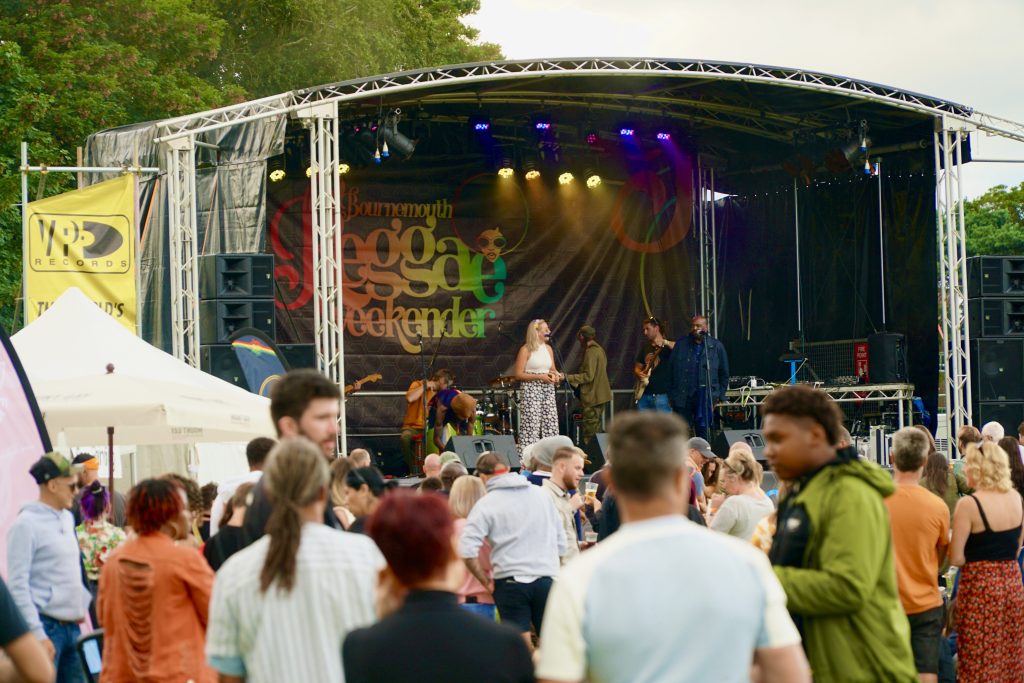Introduction
Reggae, with its infectious beats and socially conscious lyrics, has captivated audiences around the world for decades. Originating in Jamaica in the late 1960s, this genre quickly spread its roots globally, finding a welcoming home in the United Kingdom. Over the years, the UK has fostered a dynamic reggae scene that has evolved, diversified, and influenced not only music but also culture and society at large. In this blog post, we’ll delve into the rich history, key players, and current state of the UK reggae scene.
A Historical Perspective
The relationship between reggae and the UK began in the late 1960s when Jamaican immigrants brought their music, culture, and experiences to England. Initially, reggae was primarily centered in the cities with significant Caribbean communities, such as London, Birmingham, and Manchester. Sound systems, mobile discotheques equipped with massive speakers and vinyl records, played a pivotal role in disseminating reggae’s message.
Key Players
- Steel Pulse: Formed in Birmingham in the mid-1970s, Steel Pulse is one of the UK’s most influential reggae bands. Their socially conscious lyrics and captivating sound have earned them a dedicated global fan base.
- Aswad: Emerging in the mid-1970s, Aswad achieved chart-topping success with their fusion of reggae, funk, and soul. Their album “New Chapter” is considered a classic in the reggae genre.
- UB40: This Birmingham-based band became a household name with their unique blend of reggae, pop, and rock. Hits like “Red Red Wine” and “Can’t Help Falling in Love” brought reggae to mainstream audiences.
- Linton Kwesi Johnson: Often hailed as the ‘dub poet laureate’, Johnson’s powerful spoken word performances, accompanied by reggae rhythms, have addressed issues of racism, inequality, and social injustice.
- Jah Shaka: A legendary figure in the UK reggae scene, Jah Shaka is renowned for his pioneering work in dub music and his formidable sound system, which has been a cornerstone of reggae events for decades.
Evolution of Sound
The UK reggae scene has evolved over the years, incorporating various sub-genres and fusing with other musical styles. Dub, dancehall, lovers rock, and jungle are just some of the offshoots that have emerged from the roots of reggae, adding new dimensions to the scene.
Social and Political Impact
Reggae has always been a vehicle for social and political commentary. In the UK, reggae artists have used their platform to address issues like racism, poverty, and inequality. Songs like Steel Pulse’s “Your House” and Linton Kwesi Johnson’s “Sonny’s Lettah” are powerful examples of reggae’s ability to shed light on pressing societal matters.
Continued Relevance
The UK reggae scene continues to thrive and innovate. Festivals like One Love Festival and Outlook Festival draw reggae enthusiasts from around the world. Moreover, emerging artists and producers are keeping the genre fresh, infusing it with contemporary influences while preserving its roots.
Conclusion
The UK reggae scene is a testament to the enduring power of music as a force for unity, change, and cultural expression. From its humble beginnings in Jamaican communities across the UK to its present-day global influence, reggae remains a vital part of the British cultural landscape. As the scene continues to evolve, one can only anticipate more groundbreaking music and impactful messages on the horizon. So, put on your favorite reggae record, feel the rhythm, and let the music carry you to a place where unity and positivity reign supreme.

